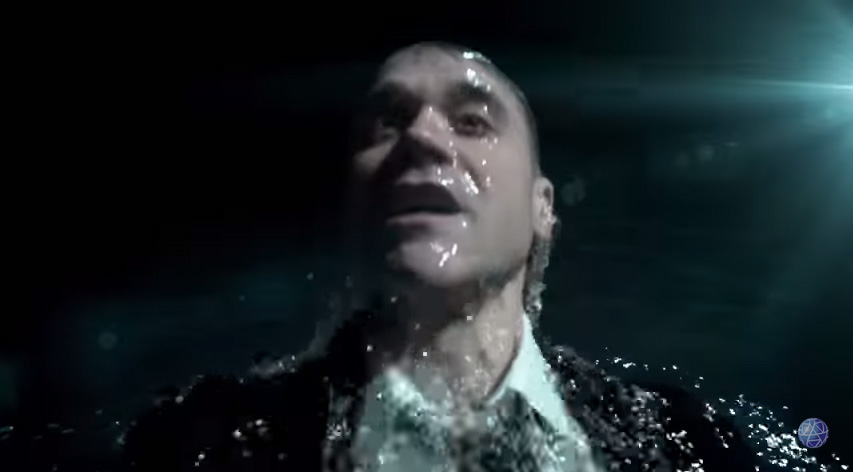After 30 years in the legal advertising business, we’ve worked hard to perfect TV ad placement and buying strategy to get our lawyers the best response rates in the market. Numbers, after all, are easy to track and tweak.
However, where advertising for attorneys gets complicated is in the messaging component. While our clients are often tempted to repeat traditional tactics they’ve seen dominating the airwaves, such as speed-and-greed talk, faked testimonials, and a hyper-focus on the size of firms and settlements, Network Affiliates now steers lawyers away from these communication strategies.
Why? Because they don’t work anymore. There are simply too many law firms shouting out brand messages that are too similar, too firm-focused and too overwhelming to victims in need of authentic legal advice. The legal TV advertising marketplace has become commoditized and generalized, which in turn has led to more TV viewers tuning out altogether, either by changing the channel or skipping over commercials.
TV Creative using the victim’s perspective
The key, we’ve learned, is refocusing efforts on crafting a marketing message that works a little differently, that causes viewers to stop in their tracks, and that paddles against the current of traditional legal advertising on television.
One way to begin to hone your message —the brand “story” that makes your firm stand out among the competition— is to ask three questions of your current advertising campaign, message and approach:
1. Who is the best person to tell your story?
In the past, many law firms have used a spokesperson or top attorney with a big personality and big cases behind him or her to “sell” the practice’s qualifications. However, if this person does not appear authentic and chest-thumbs too much on the firm’s greatness and not enough on solving a victim’s problem, it’s going to be a hard sell. We call this the “it’s not about you” reminder: Ads that emphasize lawyers rather than the benefits they provide to a potential client will ultimately fail in delivering quality cases.
To counteract this common advertising practice, it might be time to rethink who tells your story, what your story really communicates to a victim, and whether or not a spokesperson is even necessary. Can you “show” your brand through a personal story, animated character, real-life reenactment, or some other fresh messaging approach?
2. Is your story believable?
This is a real problem on TV today—people don’t actually believe what they’re watching and hearing because lawyers have used too many tricks to try to convince viewers to call right now. For example, we often see attorneys staging actors as real client testimonials. This used to work until people started reading the fine print and taking note of the unethical use of actors to misrepresent cases.
Is this the way to build trust with potential clients? We don’t think so, and neither do duped viewers, who thanks to the Internet and social media, can now call out dishonest lawyers and advertising practices for all the world to see. The point of this illustration is to help you examine the “believable-ability” of your advertising message. Are you using illusions when you could express your firm’s value in a more authentic way that might in turn bring you more reliable cases and clients? It’s something to consider.
3. Are you telling a new story?
One of the biggest downfalls in legal advertising is a majority of lawyers are saying the same thing in the same format. Most put lawyers, settlements and testimonials—themselves—first. What if you flipped that practice and started building a new message around what a victim might be feeling right now, what a victim might need from a lawyer, what questions a victim might have, or what expectations you could set for a victim?
There are countless creative ways to convey a new and memorable message to your audiences. As the legal advertising landscape is flooded, lawyers may have to swim upstream to say something differently and really stand out. This is your chance to develop an ad that’s a little out of the box, a little more provocative—something that makes a victim stop and think—or at least not change the channel.
It’s always an opportune time to tune in to how your commercials come across. If your law practice is not connecting with potential clients in an audience-focused, authentic and unique way, you can’t expect quality results. Let’s try taking a new perspective: the victim’s.

